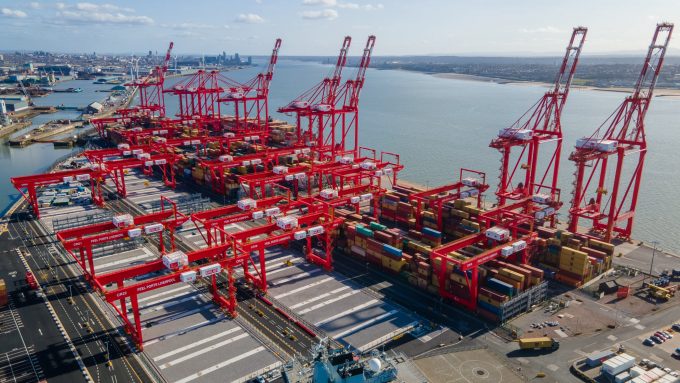CMA CGM's $20bn US pledge: all fur coat and no knickers
Is Macron at the helm?

Allseas Global Logistics has added a sixth vessel to its China Xpress service out of Ningbo to Liverpool and MD Darren Wright told The Loadstar the company was looking for a further two ships to make a weekly service.
In addition, the forwarder has added a Rotterdam call to the return leg, which means the service rotation is now, Ningbo, Dongguan, Chittagong, Liverpool, Rotterdam and back to China.
Mr Wright said: “We added Chittagong because China was quiet, but it’s worked really well for ...
'Disastrous' DSV-Schenker merger would 'disrupt European haulage market'
New senior management for DSV as it readies for DB Schenker takeover
Volumes set to 'fall off a cliff' as US firms hit the brakes on sourcing and bookings
Asian exporters scramble for ships and boxes to beat 90-day tariff pause
Amazon pushes into LTL for small package fulfilment and UPS does a u-turn
Temporary tariff relief brings on early transpacific peak season
Pre-tariff rush of goods from US to China sees air rates soar, but not for long
Forwarders 'allowing the fox into the chicken run' by supporting 'hungry' carriers

Comment on this article